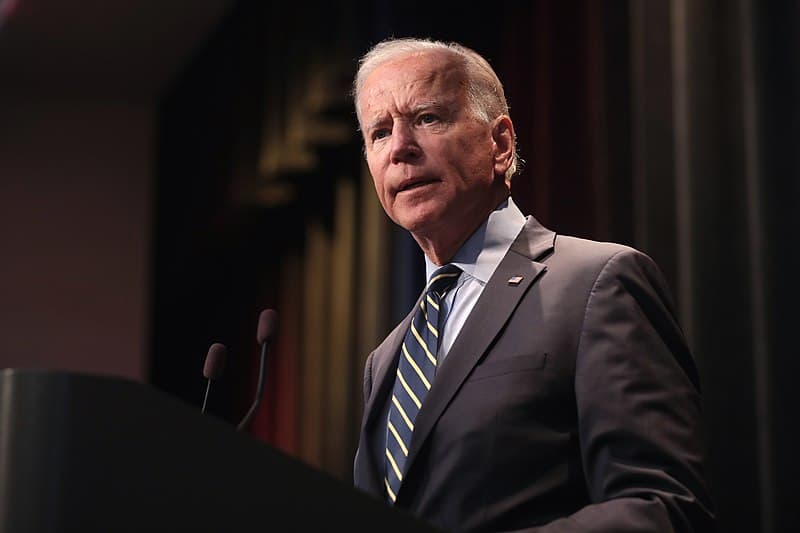Mackenzie Bouverat is a student at Harvard Law School.
In a class action minimum wage suit, a California state appellate court last Friday held that the University of California is exempt from state statutes and regulations governing wages and benefits for public employees, including minimum wage requirements. The case, Gomez v. Regents of Univ. of Cal. involves a class of hourly employees at UC San Diego Medical Center who claim that they were deprived of minimum wage and seek the unpaid balance of wages owed and civil penalties on behalf of the state. Dismissing both claims, the court wrote that, as a public trust, the university system is exempt from statutes covering employee wages and benefits, overtime pay, and prevailing wage.
In accordance with President Joe Biden’s February executive order calling upon DHS to organize a plan “describing the steps the Department will take to advance the administration’s immigration policies,” the US Department of Justice last Friday moved to stay proceedings before the District of Maryland US District Court, indicating that the asylum work permit rules at issue in the case were presently under review by the Department of Homeland Security, and that the outcome of the review may moot or alter the plaintiff’s claims. The rules at issue, which came into effect in August, extended the time asylum seekers must wait before applying for work authorization from 150 days to one year, and voided the requirement that U.S. Citizenship and Immigration Services adjudicate asylum seekers’ applications for work permits within 30 days of that workers’ application.
The Florida Senate will this Tuesday consider a bill (SB 1014/HB 835) which requires affirmative consent from public employees to have dues automatically deducted from their paychecks. Public employees must also renew their authorization every three years or each time a collective bargaining agreement is renegotiated — whichever occurs more frequently. The bill also requires a union to revoke an employee’s membership immediately upon request. Florida is already “right-to-work” state—workers already have to consent in order to pay dues to the union that represents them. Thus, according to union leaders, the “revocation at will” provision, as well as the requirement that members must renew their consent to have dues deducted at frequent intervals, is designed to impose administrative burdens on unions and frustrate workplace democracy.






Daily News & Commentary
Start your day with our roundup of the latest labor developments. See all
January 30
Multiple unions endorse a national general strike, and tech companies spend millions on ad campaigns for data centers.
January 29
Texas pauses H-1B hiring; NLRB General Counsel announces new procedures and priorities; Fourth Circuit rejects a teacher's challenge to pronoun policies.
January 28
Over 15,000 New York City nurses continue to strike with support from Mayor Mamdani; a judge grants a preliminary injunction that prevents DHS from ending family reunification parole programs for thousands of family members of U.S. citizens and green-card holders; and decisions in SDNY address whether employees may receive accommodations for telework due to potential exposure to COVID-19 when essential functions cannot be completed at home.
January 27
NYC's new delivery-app tipping law takes effect; 31,000 Kaiser Permanente nurses and healthcare workers go on strike; the NJ Appellate Division revives Atlantic City casino workers’ lawsuit challenging the state’s casino smoking exemption.
January 26
Unions mourn Alex Pretti, EEOC concentrates power, courts decide reach of EFAA.
January 25
Uber and Lyft face class actions against “women preference” matching, Virginia home healthcare workers push for a collective bargaining bill, and the NLRB launches a new intake protocol.